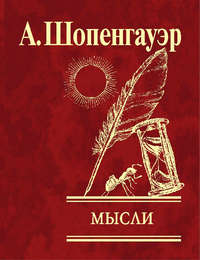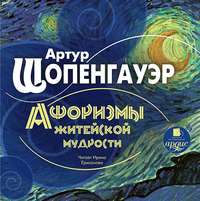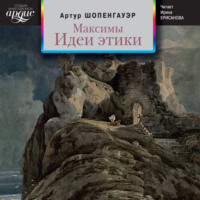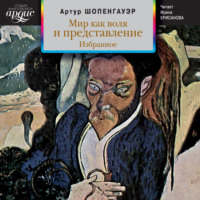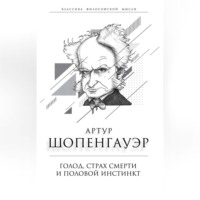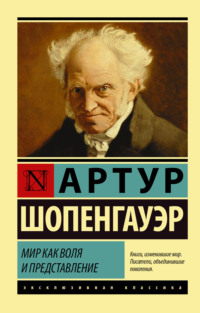 полная версия
полная версияThe World as Will and Idea (Vol. 3 of 3)
52
Cf. “Ueber den Willen in der Natur,” second edition, p. 124; third edition, p. 135.
53
For example, John xii. 25, 31, xiv. 30, xv. 18, 19, xvi. 33; Col. ii. 20; Eph. ii. 1-3; I John ii. 15-17, iv. 4, 5. On this opportunity one may see how certain Protestant theologians, in their efforts to misinterpret the text of the New Testament in conformity with their rationalistic, optimistic, and unutterably shallow view of life, go so far that they actually falsify this text in their translations. Thus H. A. Schott, in his new version given with the Griesbach text of 1805, has translated the word κοσμος, John xv. 18, 19, by Judœi, 1 John iv. 4, by profani homines; and Col. ii. 20, στοιχεια του κοσμον by elementa Judaica; while Luther everywhere renders the word honestly and correctly by “Welt” (world).
54
Unusquisque tantum juris habet, quantum potentiâ valet (Tract. pol., c. 2 § 8). Fides alicui data tamdiu rata manet, quamdiu ejus, qui fidem dedit, non mutatur voluntas (Ibid., § 12). Uniuscujusque jus potentiâ ejus definetur (Eth. iv., pr. 37, schol. 1.) Especially chap. 16 of the Tractatus theologico-politicus is the true compendium of the immorality of Spinoza's philosophy.


